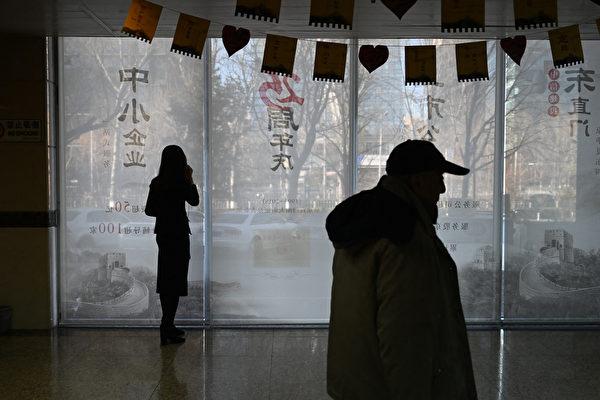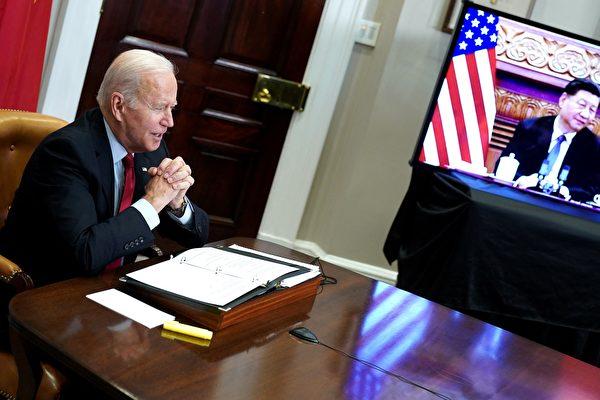During the first quarter of 2024, a large number of senior executives exited China’s major securities firms culminating in widespread workforce reductions and salary cuts. Notably, industry leader CITIC Securities experienced a substantial dip in compensation levels, coinciding with resignations from key positions at firms like Everbright Securities. Executives at China International Capital Corporation (CICC) also experienced a stark reduction in their annual remuneration, plummeting from 10 million yuan ($1.38 million) to less than three million yuan ($410,000). Analysts believe that although China’s economic decline has entered a recessionary phase, such a high rate of departure of financial industry executives is abnormal.
As of Feb. 21, 22 securities firms listed in the A-share market issued a total of 47 announcements regarding personnel changes. The departing personnel include compliance directors, chief risk officers, board members, and general managers. This trend reflects a continuation from 2023 when over 30 securities firms underwent similar leadership transitions.





